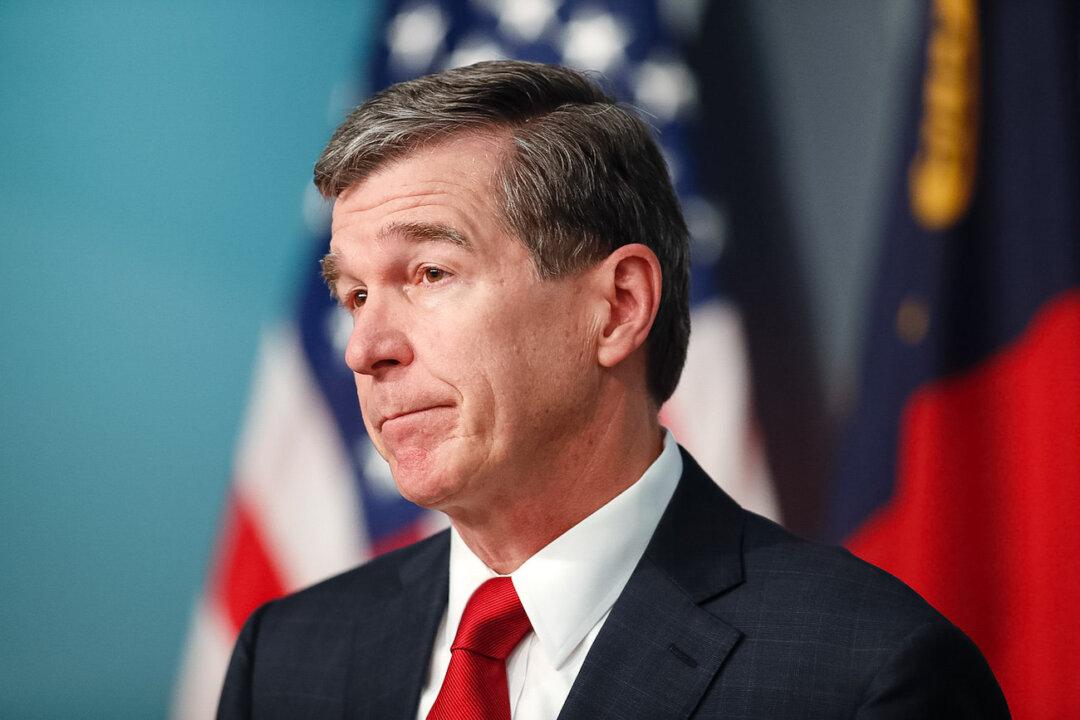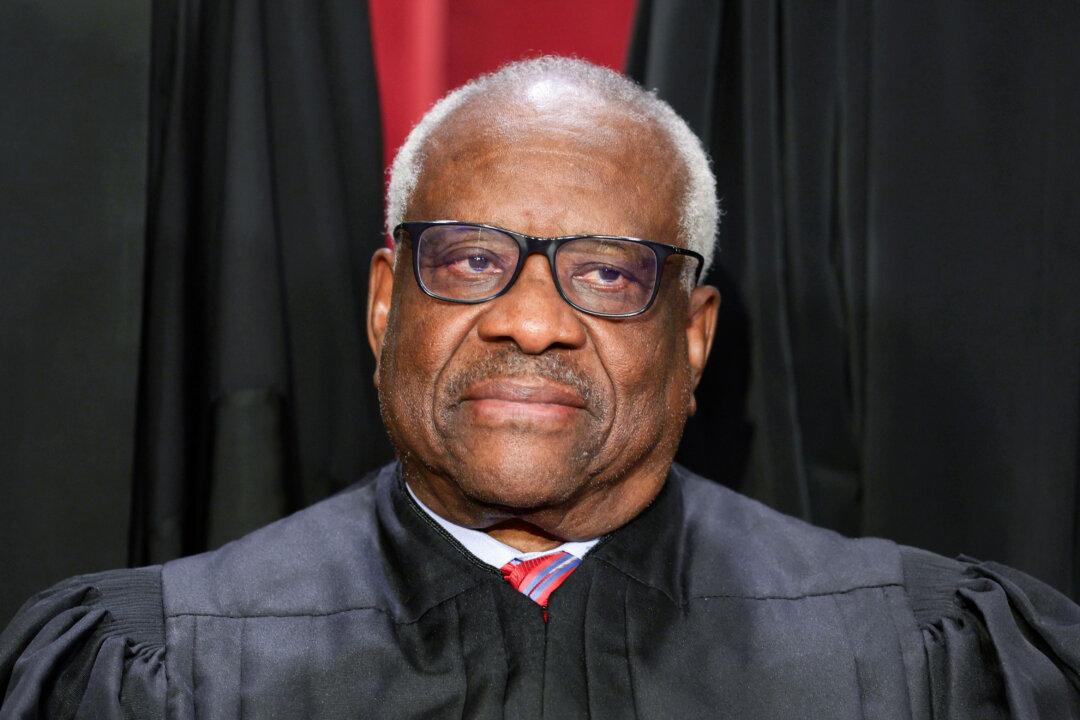North Carolina’s Supreme Court has agreed to consider cases brought against Gov. Roy Cooper for forcing bars to shut down during the COVID-19 pandemic.
Justices in recent days issued orders accepting Mr. Cooper’s appeals against lower court decisions that favored the North Carolina Bar and Tavern Association and bar owners.
“Defendant’s ‘science and data’ tends to show that bars in general did present a heightened risk of COVID-19 transmission, as people normally gather, drink, and talk in bars of all sorts. We have considered the ‘science and data’ presented by [the] defendant to justify the distinction between closing some types of bars and not others, but this information does not support [the] defendant’s position, even if we consider all such information to be true,” Judge April Wood wrote in the unanimous opinion.
The appeals court ruling reversed a lower court opinion, which had thrown out the case.
“We never asked for special treatment, only equal treatment,” Zack Medford, president of the North Carolina Bar and Tavern Association, said at the time. “Unfortunately, these private bars were forced to stay closed for a full year and without relief from the state. The governor’s decision forced many of these bars to eventually close permanently. Today’s ruling makes it clear that the governor was wrong and now the state needs to make it right.”
In a filing to the North Carolina Supreme Court, lawyers for the government argued that the ruling was wrong because the court had previously found that laws regulating businesses, such as Mr. Cooper’s executive order forcing bars to close and subsequent orders that kept some of them shuttered, are lawful if they are “rationally related to a proper governmental purpose.”
“This standard gives the political branches the latitude that they need to make good-faith decisions about how best to protect our state, without second guessing by courts that lack policy expertise. This latitude was especially needed during the pandemic. The governor had to make difficult choices about how best to guard against an unprecedented new threat to public health, while also trying to minimize harm to our economy,” the lawyers said. “Reasonable people did and still do disagree about some of these choices. But because these choices were rational, the claims for damages that are still pending are meritless.”
They urged the court to correct the ruling, arguing if allowed to stand it “will impede future efforts to protect the public health, and threatens taxpayers with significant damages for indisputably good faith, reasonable responses to an unprecedented global pandemic.”
Lawyers for the tavern association disagreed, telling the court that the ruling was “based on a straightforward application of existing precedent of this court” and therefore does not conflict with precedent.
Mr. Cooper also requested that the state Supreme Court review another ruling by Judge Wood, which upheld the rejection of the government’s motion to dismiss a separate case brought by bar owners over Mr. Cooper’s orders.
Judge John Arrowood, dissented, finding that the bar owners failed to put forth a legitimate constitutional claim. He said that Mr. Cooper’s orders were “rationally related to a legitimate government purpose,” or combating the spread of COVID-19.
Government lawyers told justices that the appeals court decision was erroneous because plaintiffs never asked for relief, such as a temporary restraining order, when the orders were in effect. They said that should bar them from pursuing damages. The case is also moot because the orders expired more than two years ago, the lawyers said.
“If allowed to stand, the decision could expand the scope of damages that could be awarded against the state in future cases while raising the very kind of separation-of-powers concerns that Corum’s least-intrusive remedy requirement was designed to prevent,” they wrote, referring to a previous state Supreme Court ruling.
Lawyers for the bar owners said they did seek relief in a separate case. After their request for a preliminary injunction was denied, they brought a fresh case seeking damages. They said the North Carolina Supreme Court should not take up the matter.
“The additional questions proposed by the defendants-appellants which seek to determine if a preliminary injunction must be sought when filing a complaint alleging a constitutional violation are in effect seeking an advisory opinion,” they wrote. “Advisory opinions are not permitted by prior Supreme Court rulings.”







